Which wearable sleep tracker is right for you? Comparing Fitbit Charge 2, Apple Watch and more
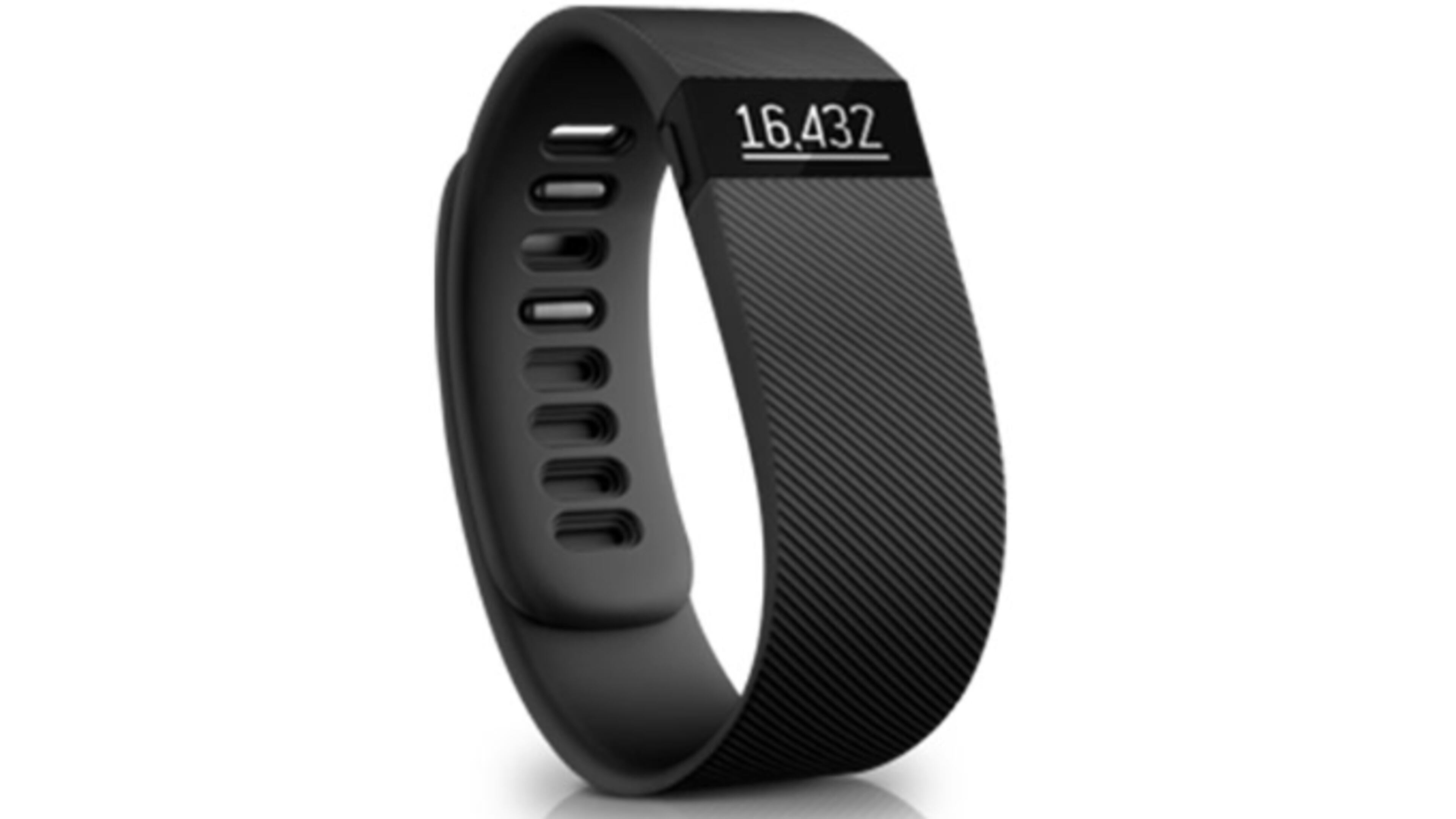
There are countless health benefits linked to adequate sleep, but according to the Atlanta-based Centers for Disease Control and Prevention, one in three adults still don't get enough sleep.
» RELATED: Wearable tech proving useful for early Alzheimer’s
Ongoing concern led to the rise of an industry of high-tech, wearable sleep trackers to provide helpful tools to understand sleep patterns and improve rest overall.
But if you’re new to the world of sleep trackers, choosing the right one can be a daunting task. We’ve compiled a list of five popular trackers and compared each based on affordability, expert reviews and customer ratings.
Fitbit Charge 2
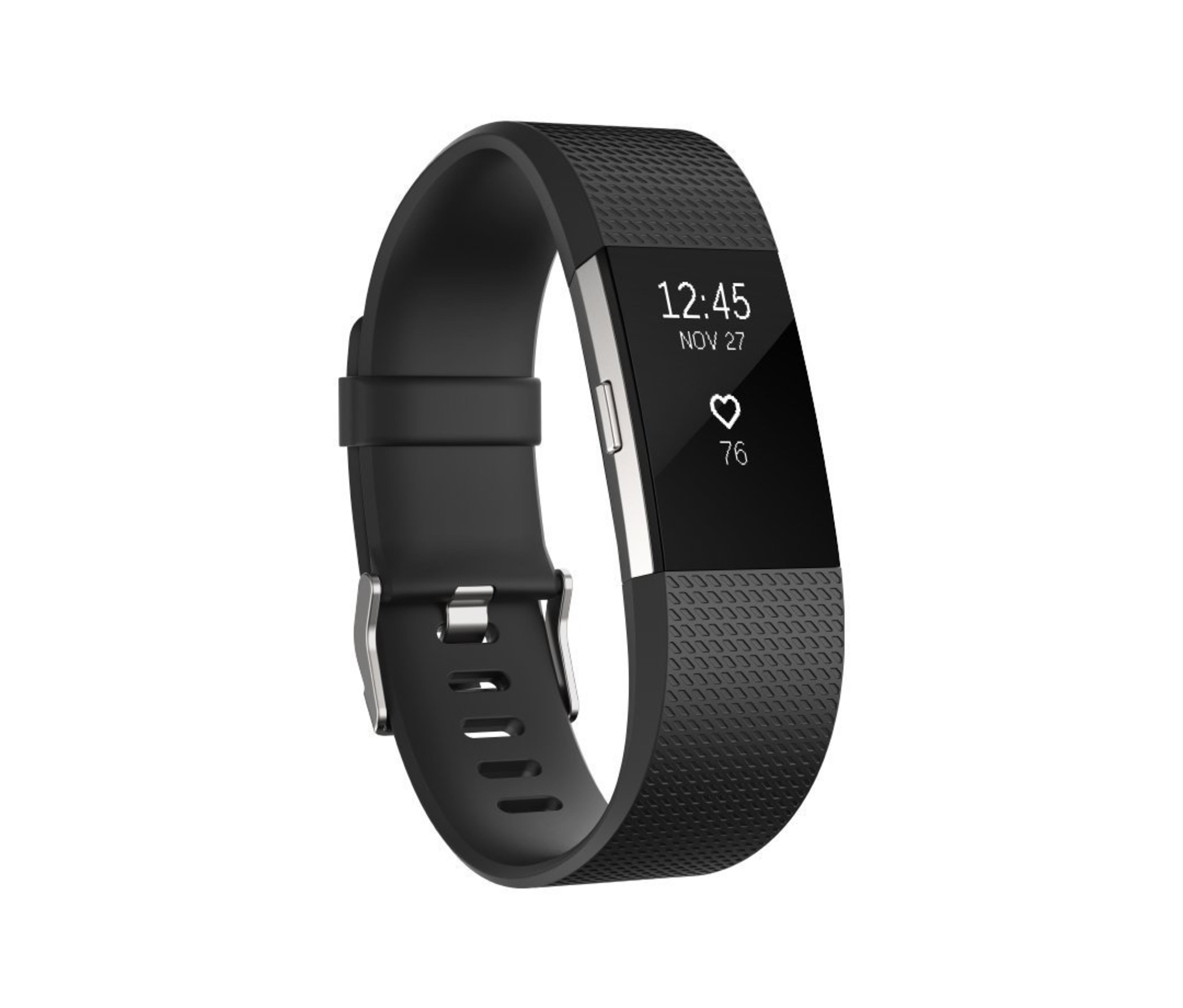
Price: $129-$150 (Fitbit.com)
Fitbit is one of the most popular fitness trackers around, but its latest Charge 2 update is geared toward understanding sleep patterns.
The update shows you how much time you spent asleep (calculated using heart rate variability, accelerometer data and more), including how much light, deep and REM sleep you’re getting.
Additionally, users can use the “Sleep Insights” feature, which dishes out advice to improve your sleep based on your own activity and diet statistics.
» RELATED: 6 wearables to keep BeltLiners connected and on track
The Fitbit Charge 2 also features personalized sleep goals, sleep time and rise time targets, reminders and a sleep schedule history.
CNET experts called the Charge 2 "the best Fitbit of the bunch" in their 2016 review, lauding its accurate heart rate readings, affordability, OLED display, 5-day battery life.
But Engadget wearable expert Cherlynn Low said the sleep tracking update, also part of Fitbit's new Alta HR device, can be inconsistent.
Fitbit Alta HR
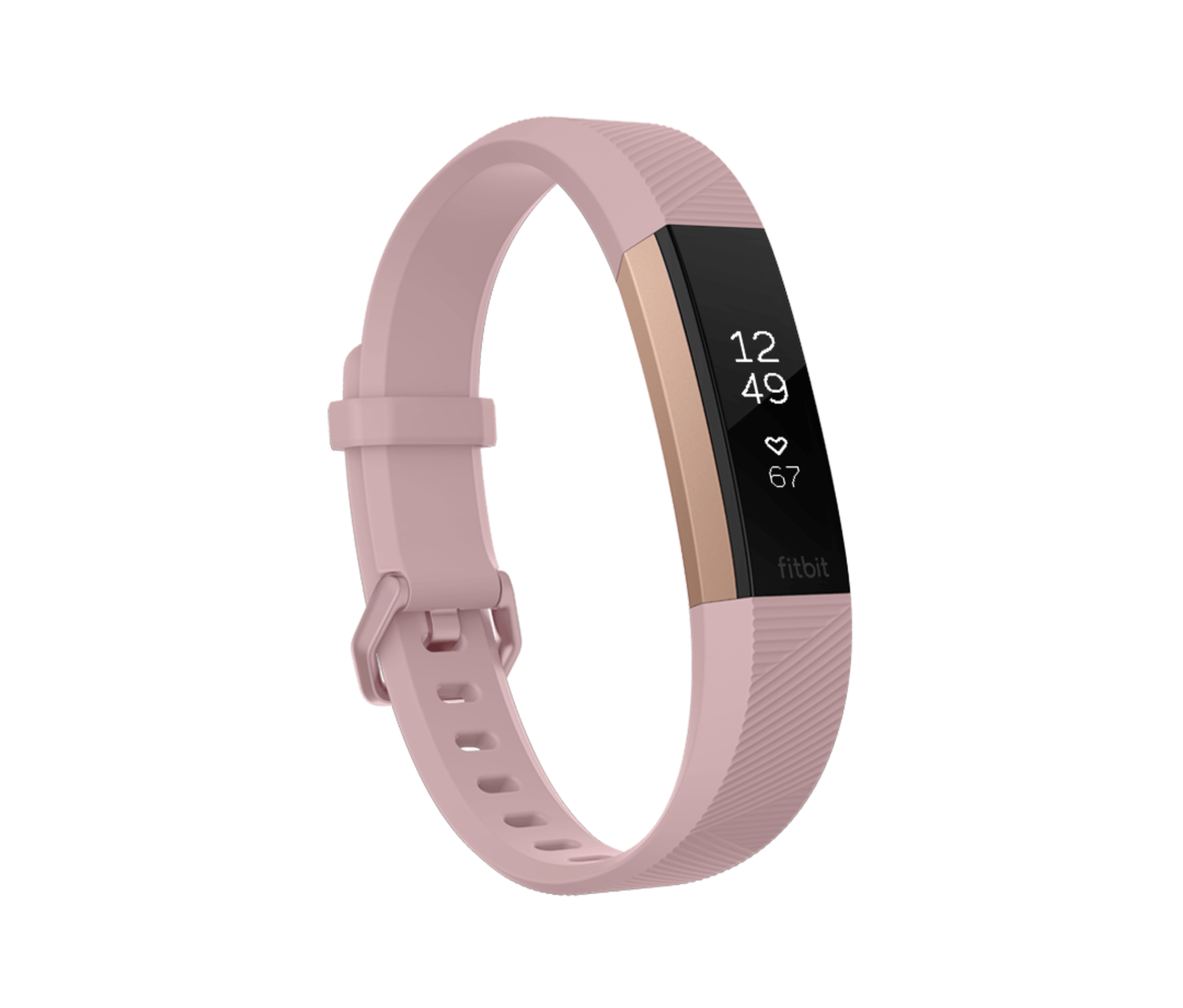
Price: $129-$150 (Fitbit.com)
While the Fitbit Alta HR lacks some features of Fitbit’s Charge 2, the Alta HR “comes closest to hitting the sweet spot between form and function,” PCMag experts wrote in a product review.
» RELATED: The new Google Maps tracker will ruin your lies about being late
Still, the stylish Alta HR is incredibly similar to the Charge 2. The Alta does, however, have a slimmer design and reportedly, more of an emphasis on an accurate heart-rate monitor.
The HR also doesn’t have physical buttons, unlike the Charge 2, which has a button to the left of the display.
Jawbone UP3 and UP4
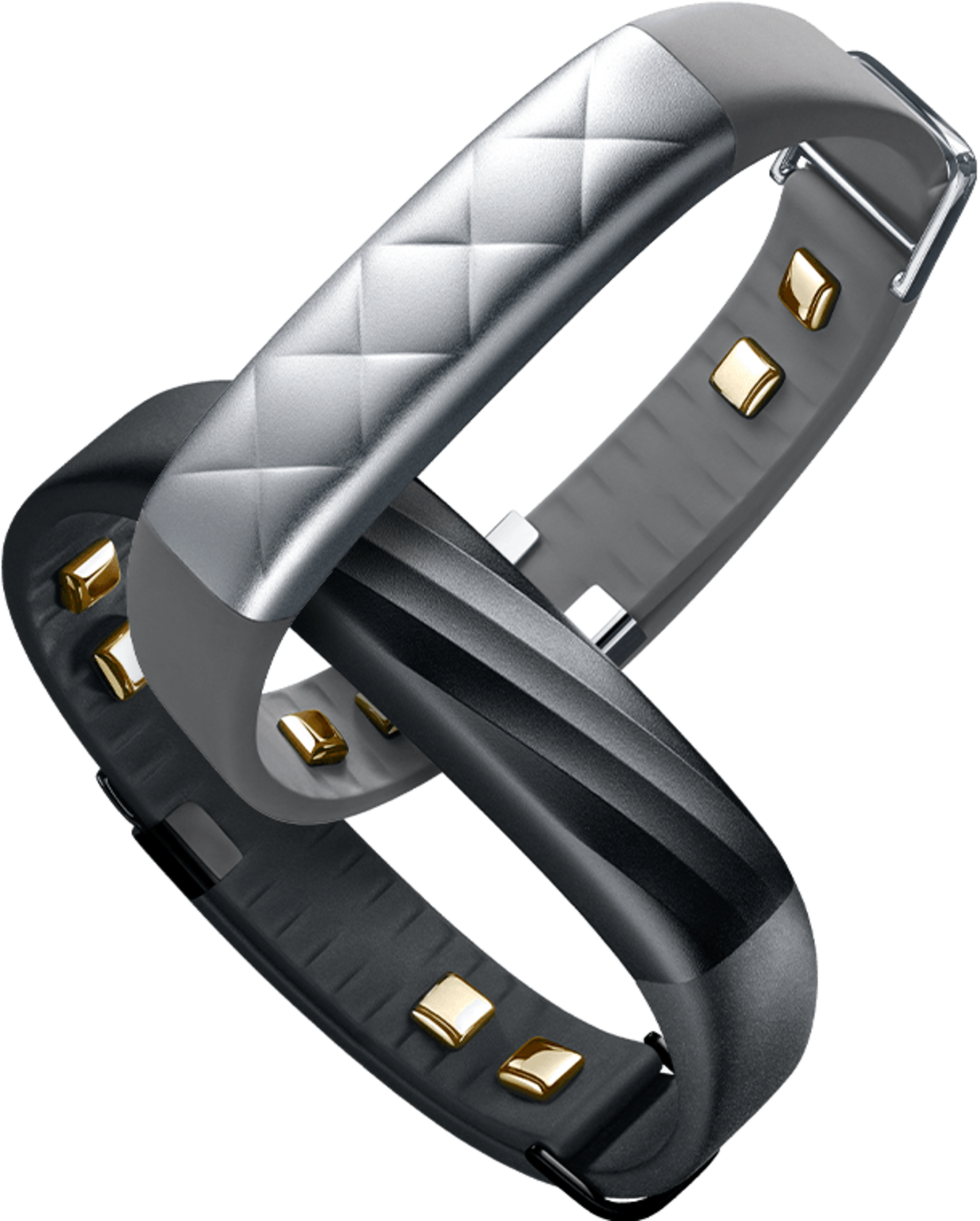
UP3 price: $34.95 (Amazon)
UP4 price: $49.99 (Amazon)
Jawbone went into liquidation this week after struggling against competitors like Fitbit, but its devices are still considered among the most-reviewed fitness trackers, particularly because its slim, minimalist design stands out against other thicker, bulkier bands.
Without a screen or buttons, the Jawbone requires the app for most functions and CNET experts noted this as one of the device’s major drawbacks.
The UP3’s battery life is approximately one week.
» RELATED: MARTA launches real-time parking tracker for commuters
This wearable is meant to measure heart rate (resting only) and sleep tracking as a general lifestyle coach, unlike many other “hardcore” fitness trackers.
The UP3 also measures how much REM, light and deep sleep you get each night and offers smart alarms, a feature that gives you the option to wake you up during periods of light sleep.
But when the device first launched in 2015 with a $199.99 price tag, experts were unimpressed with the cost and lack of features common in other fitness trackers.
As for the UP4, it’s essentially the UP3 but with the mobile payments feature included, meaning you can pair the band with a unique credit card number and tap it to pay at the store.
Nokia Steel HR (formerly Withings Steel HR)
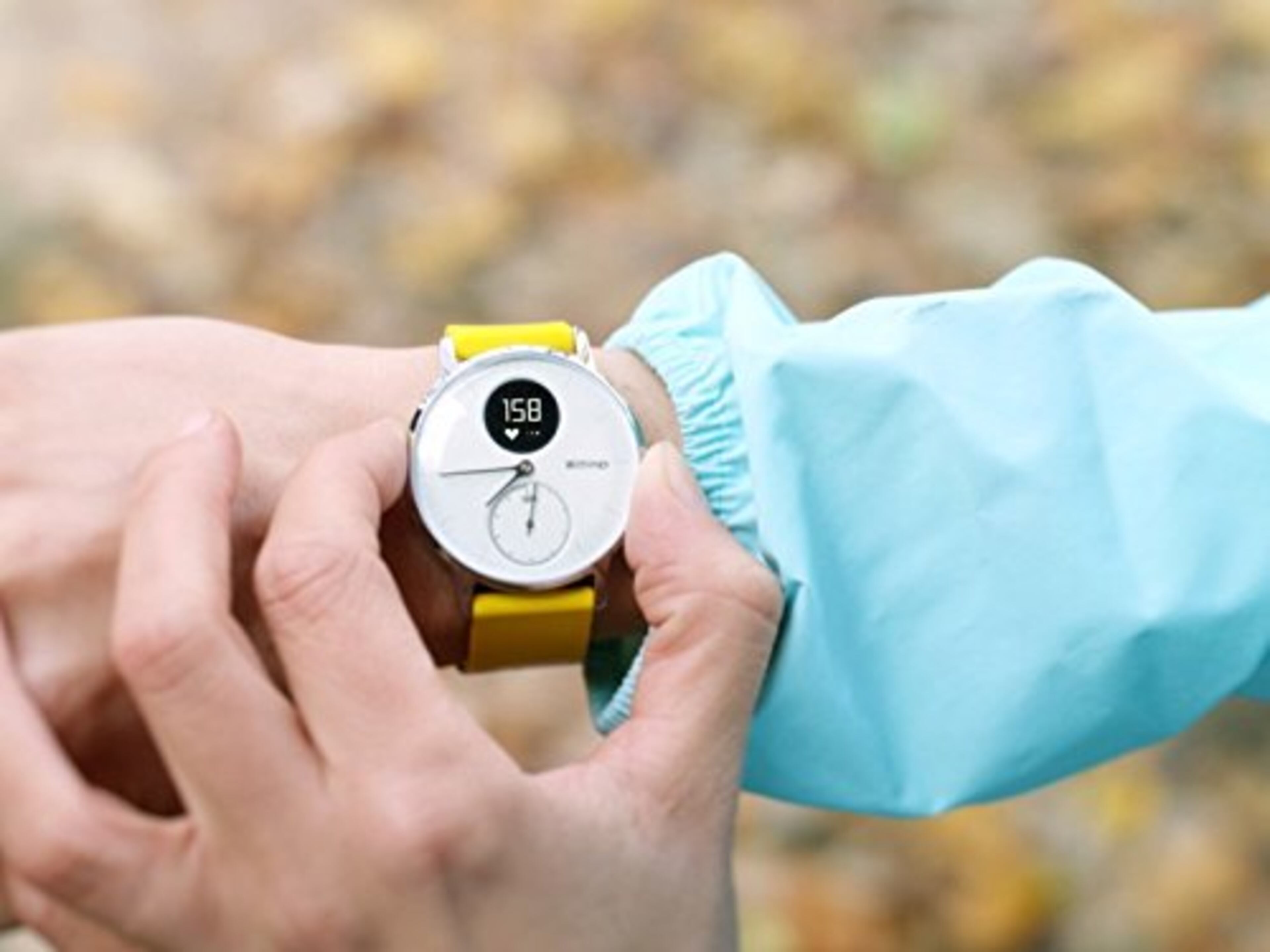
Nokia Steel HR available in fall 2017; Withings available now
Price: $179.95 (Amazon)
The Nokia Steel HR is the most watchlike sleep tracker yet, but the design puts the wearable at a much higher price point.
According to Wareable, the Steel HR's sleep tracking is one of the device's strong suits, particularly when it comes to accuracy.
Still, the tracker does lack some of the hardcore functions popular in other trackers.
“If you're looking for something that's good at the basics when it comes to sleep, the Steel HR is a good shout,” Wareable expert Hugh Langley said.
Apple Watch
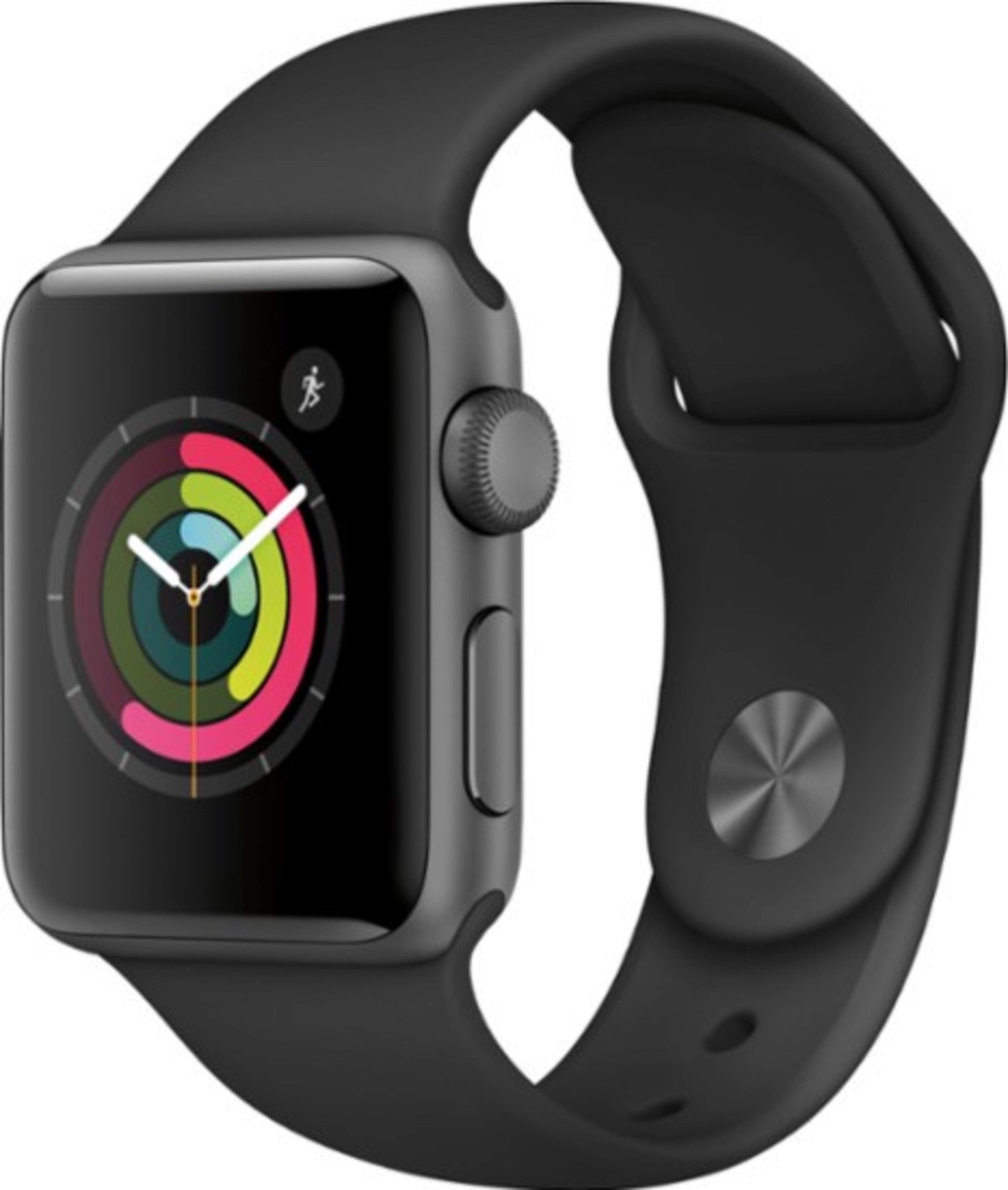
Price: $399.99 (Best Buy)
The Apple Watch is the bestselling smartwatch in the world, but how valuable is its integrated sleep tracker?
Well, despite being fully equipped to estimate sleep patterns with its accelerometer, heart rate sensors and gyroscope, there isn’t actually any built-in sleep tracking hardware.
However, the Apple Watch does offer the option to download third-party apps such as Sleep++ or AutoSleep and track sleep through the apps while wearing the watch.
Experts at 9to5mac were hoping for some new sleep tracking capabilities in the watchOS, but Apple did not announce any changes in that category.
Did we miss your favorite wearable sleep tracker? Let us know in the comments.


